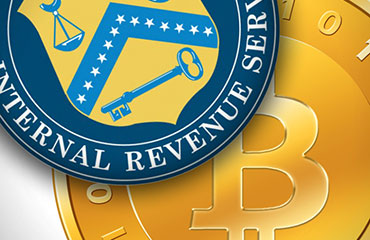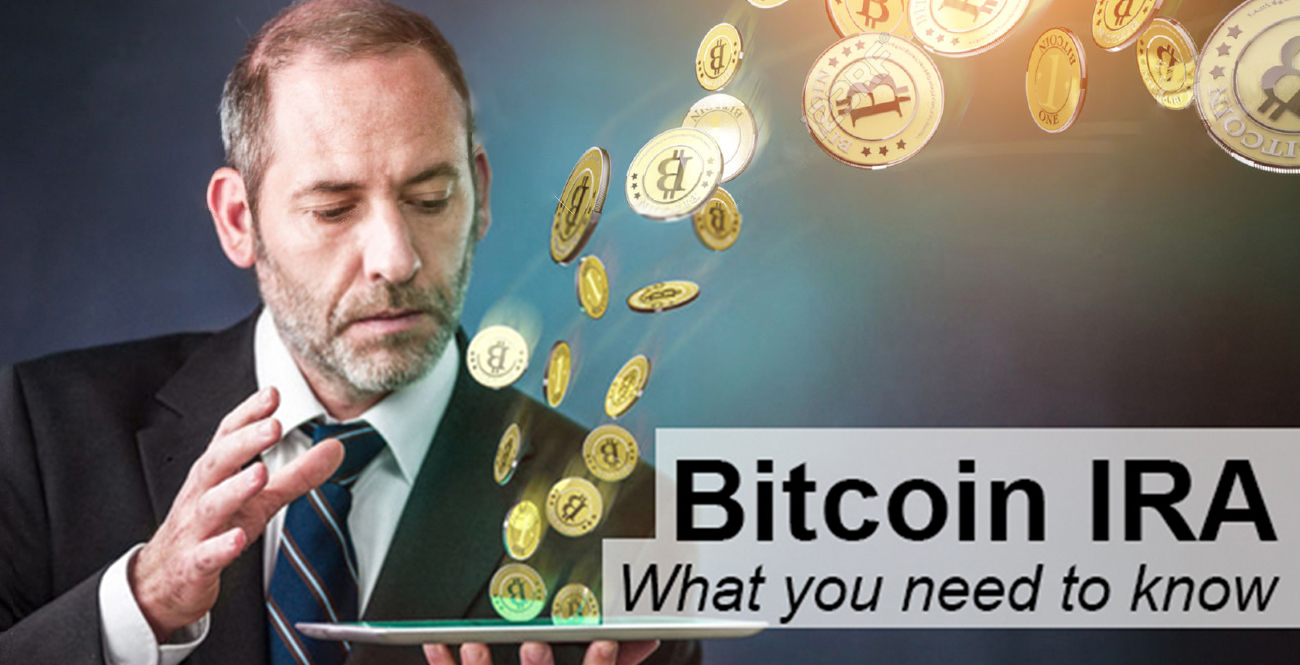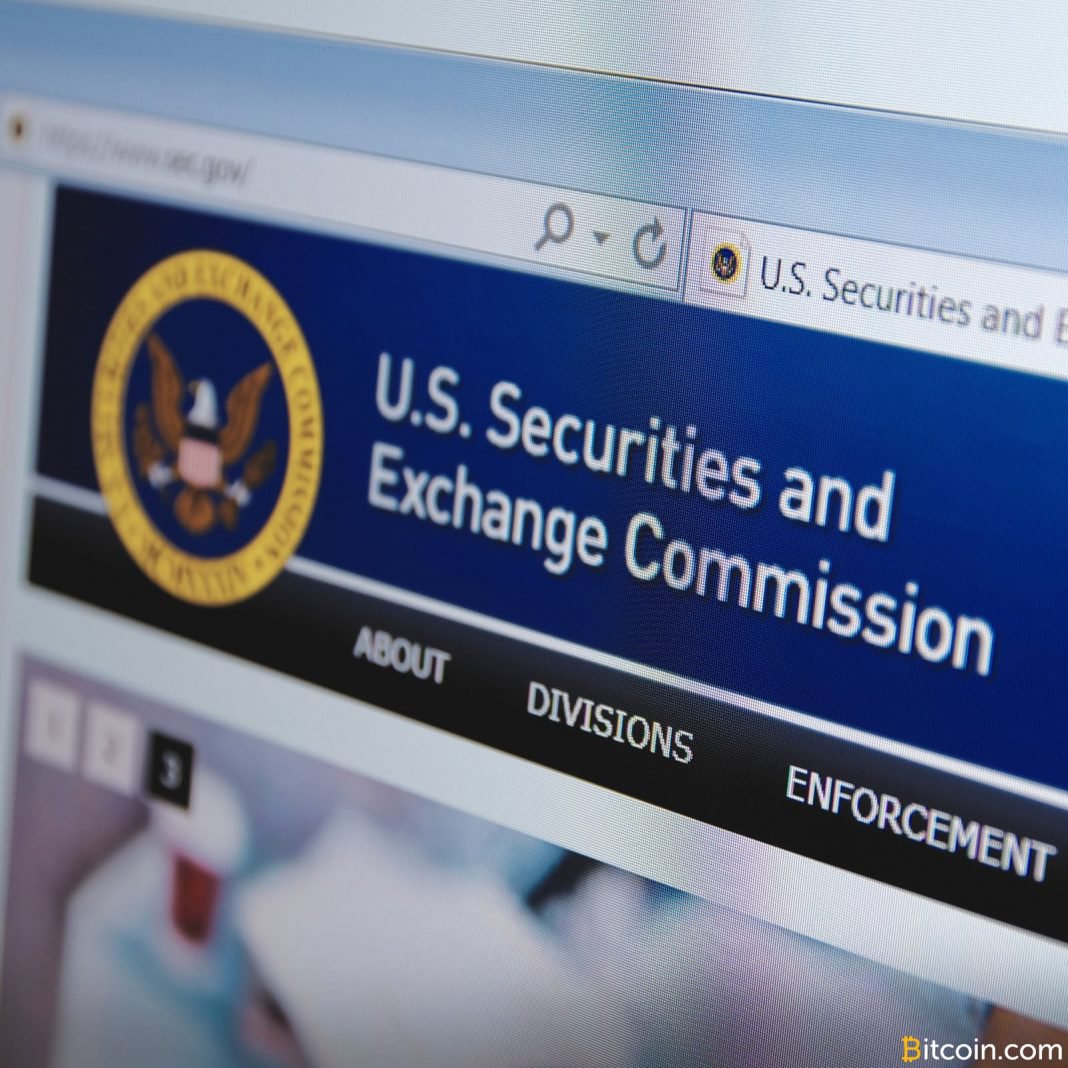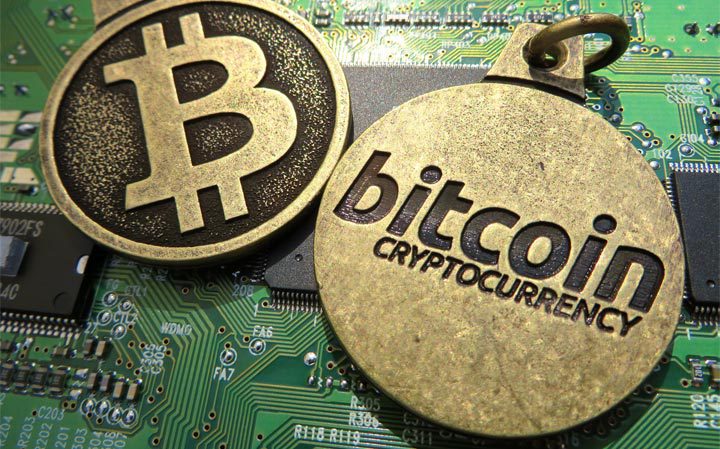The IRS smells blood in the water over Bitcoin!
The IRS smells blood in the water over Bitcoin and it’s coming hard for Coinbase users. The war on cryptocurrency is just getting started and it’s going to get ugly fast. Expect US citizens with US crypto accounts to be put in jail to send a message to the rest of us to fall in line.
The IRS says that only 0.2% of Coinbase users reported a gain or a loss from cryptocurrency on their returns. The government reviewed 500,000 accounts and found only 900 of them had properly reported transactions on their US returns.
The IRS has ruled that Bitcoin and cryptocurrencies are property. That means each and every trade of crypto results in a capital gain or loss that must be reported on Schedule D. Cryptocurrency is treated like stock and not as a currency for US tax reporting.
So, if you bought Bitcoin and exchanged it for Ethereum in your wallet, that trade is taxable. Each time you sell Bitcoin, you have a taxable gain. Anyone who’s buying and selling in their wallet has transactions that must be reported. Every time you use Bitcoin to buy something, you have a taxable transaction requiring you to report the conversion of the crypto into dollars.
Even if you have a net loss, each and every trade must show up on your Schedule D at the end of the year. You also need to keep accounting records to prove your purchase price (basis) and any expenses you incur.
The fact that only 0.2% of users are in compliance has the IRS on the hunt. The Service wants to know about each and every transaction and will make examples of many Coinbase users in 2018. Typical IRS modus operandi is to hang a pelt on the wall in each big city and each State for the press release. Expect the first charges and indictments to be announced around April 10, 2018, just in time for tax filings.
Also, keep in mind that all IRS reporting requirements apply to US Bitcoin transactions. If you pay someone a salary in crypto, you must report it on Form W-2 and withhold the employee’s taxes and pay over federal and state payroll taxes. Doing this will require you to convert from crypto to US dollars, which generates a capital gain.
The same goes for payments to independent contractors. You must file a Form 1099 on any payment of $600 in rents, services (including parts and materials), prizes and awards, or other income payments.
And don’t get your hopes up that Bitcoin in exchange for services will be taxed as a capital gain to the recipient. When you receive crypto for personal services, the coins are magically converted from capital assets to ordinary income in the eyes of the IRS. Thus, you will pay ordinary income tax to the IRS and your state on any Bitcoin earned from work or services.
The last time the IRS was so excited about taking money from it’s citizens was 2008. The Service issued a John Doe summons to offshore bank UBS, just as they did to Coinbase in 2016. When the offshore banking battle was over, the IRS had netted over $10 billion in new taxes, interest, and penalties.
The IRS is really pulling out all the stops in this case. They’ve hired Chainalysis, a provider of Anti-Money Laundering software, to search out Bitcoin users. As reported by Fortune, “In a letter to the IRS, the co-founder of Chainalysis says the company has information on 25 percent of all bitcoin addresses and that it deploys millions of tags to help track and identify transactions.”
The IRS says only 0.2% have reported capital gains on their US tax returns. What should the remaining 99.8% do to minimize risk and tax costs?
If you have unreported crypto gains from 2014 to 2017, you should hire an expert to amend your return. Crypto capital gains are treated like stock transactions, but only a CPA or EA experienced in these transactions is qualified to amend your return.
Amending your returns before the IRS targets you will reduce your risks and penalties. If you’re caught in an audit, expect the full weight of the Service to fall on you.
If you want to maintain some semblance of privacy in your crypto transactions, I suggest you move your coins offshore. Form an offshore LLC, corporation or trust, and open a foreign wallet under that entity. If you need asset protection and estate planning, go with a trust. If you operate a business, use a corporation. Casual investors should form an LLC.
If you’re with Coinbase, you should sell and transfer cash offshore through your bank (a taxable event). If you’re with another firm, you might transfer crypto offshore (usually not taxable).
- Remember that we’re talking about privacy and asset protection. Moving offshore doesn’t reduce or change your US taxes.
There are two ways to legally avoid US tax on your Bitcoin transactions. You can invest using a retirement account or you can move to the US territory of Puerto Rico and qualify for Act 22.
If you have a US IRA or 401-K that’s vested, you can form an offshore IRA LLC and move that account offshore. If you’re defined benefit plan can be converted into an IRA, you can also move that offshore. From here you can buy cryptocurrency or any other investment allowed for within the IRA rules.
If you move to the US territory of Puerto Rico, and qualify under Act 22, you will pay zero capital gains tax on your Bitcoin transactions. Note that this tax deal is only available in Puerto Rico for assets acquired after you become a resident of the territory. It does not apply to your current crypto portfolio.
For more information on Puerto Rico’s unique tax incentive programs, see: A Detailed Analysis of Puerto Rico’s Tax Incentive Programs. Keep in mind that US citizens are taxed on our capital gains no matter where we live. Foreign countries can’t match Puerto Rico’s offer.
I hope you’ve found this article on why the IRS smells blood in the water over Bitcoin to be helpful. Please contact me at info@premieroffshore.com to be connected to an expert in amending tax returns with crypto gains or for information on structuring your affairs or your retirement account offshore.






